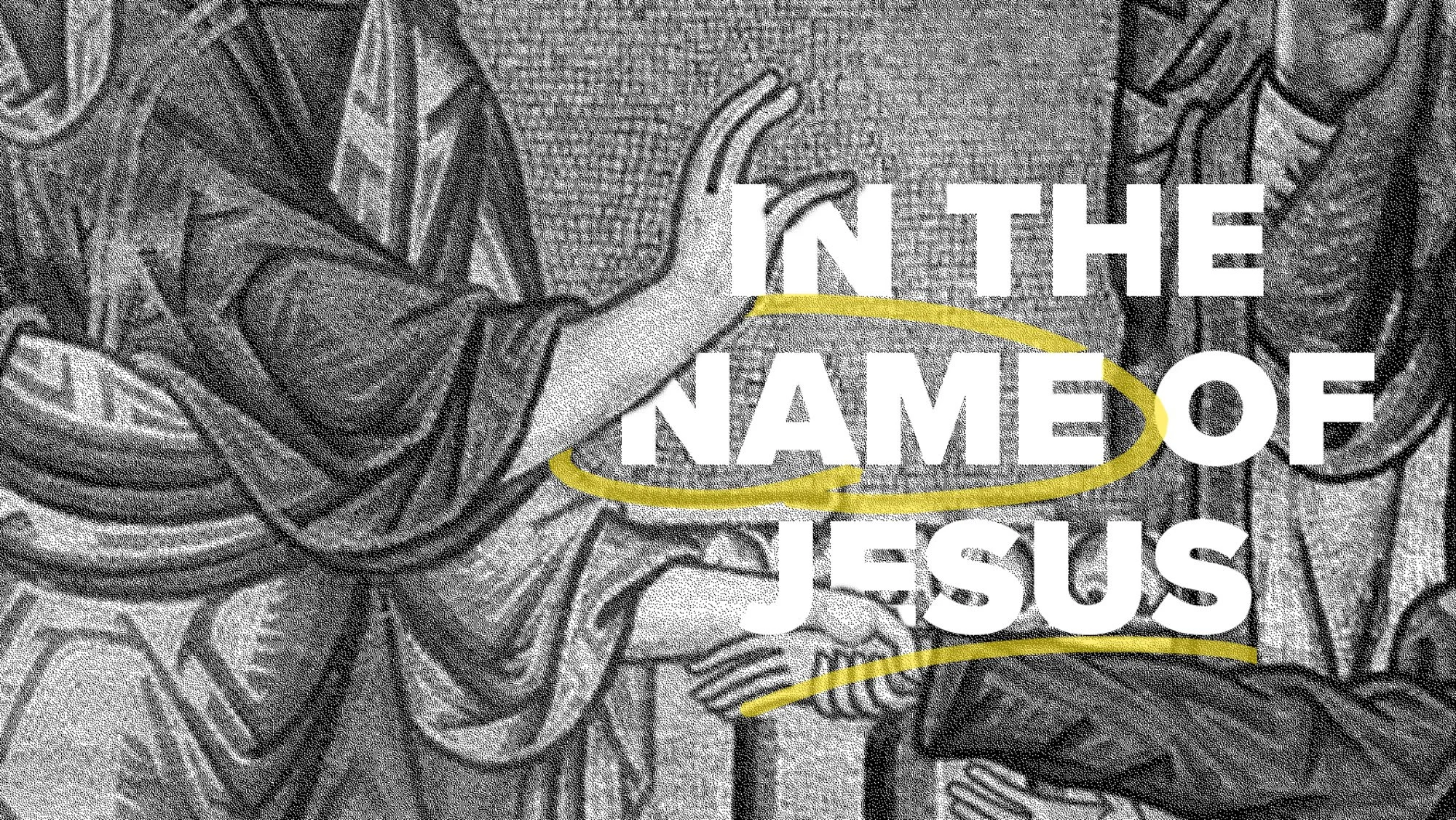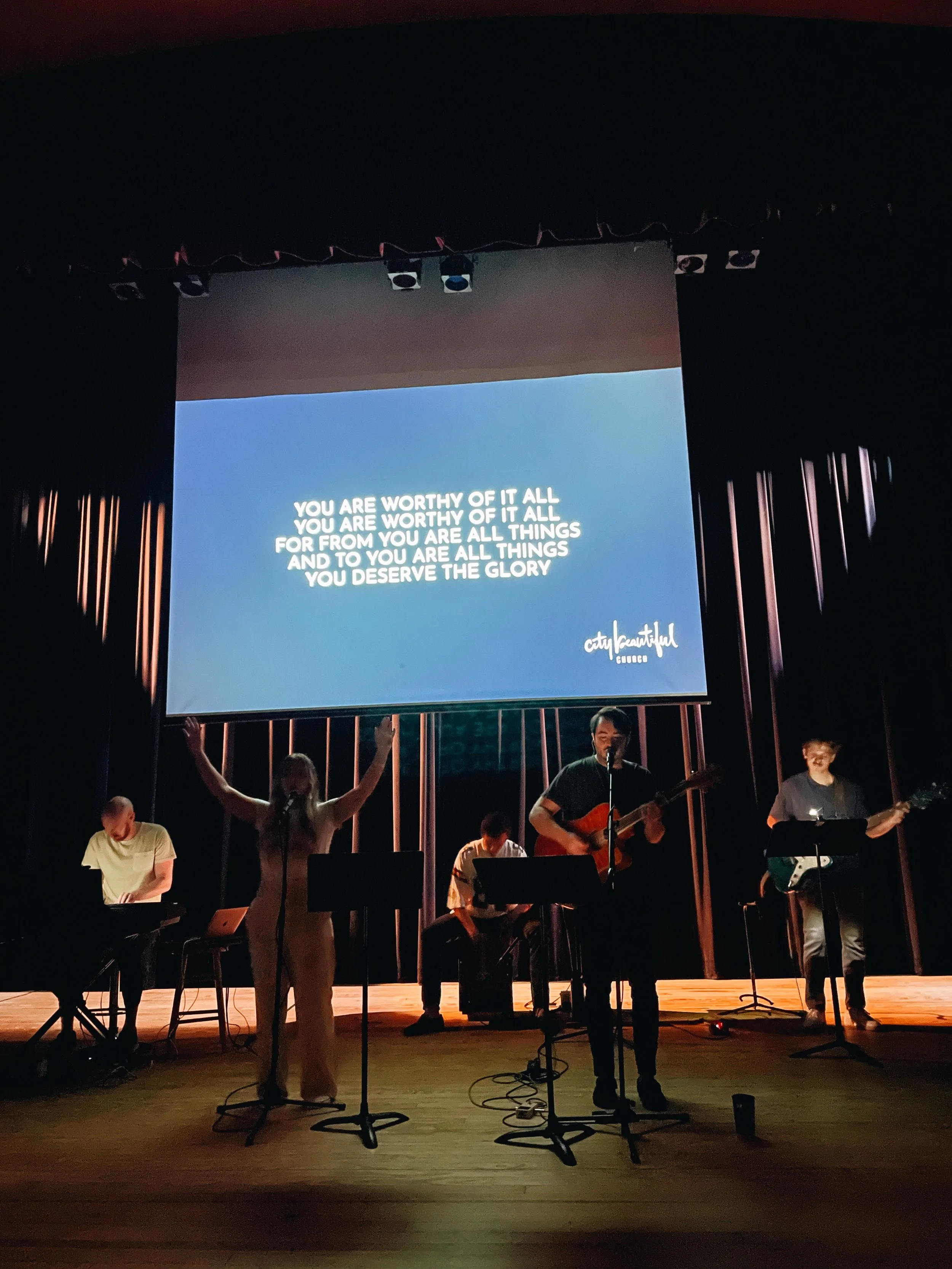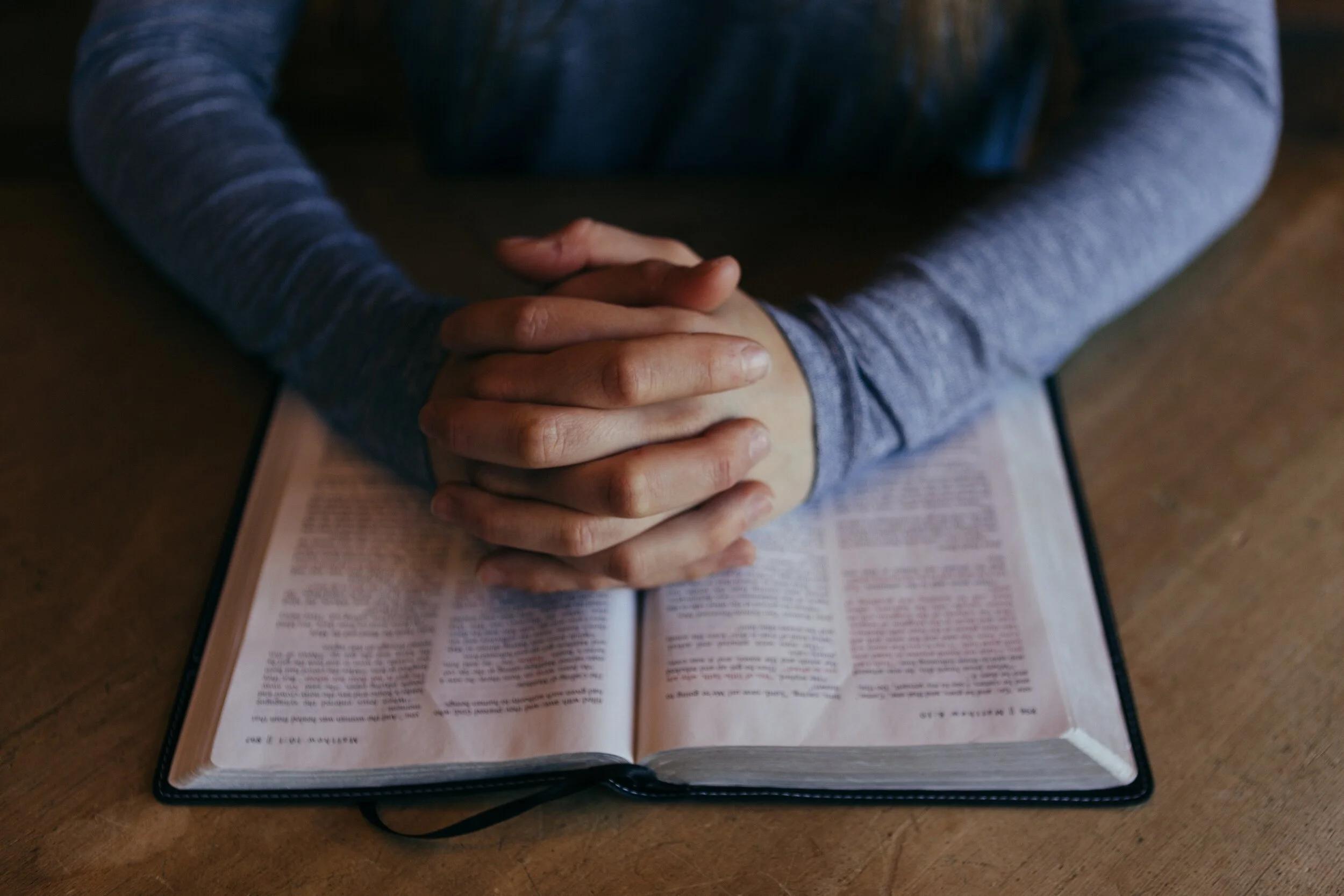The Psalms are our prayers because they are, first and foremost, the prayers of the Beloved Son, who embodies our exile before the Father. Jesus was a part of the exiled Jewish community living under Roman occupation; The Psalms were His prayer book. They were the communal prayers that taught Him how to speak to His Father praise and sorrow, without any masks. If the psalms are the prayers of Jesus bringing His whole self before our Father, then they — in all their grief, joy, and violent rage — must be the prayers that lead us to Him as well.
Viewing entries tagged
liturgy
A rich prayer life connects us to God from the inside-out, and from the outside-in. It’s valuable to have prayers that arise from our thoughts and feelings spontaneously, but often we might find ourselves stuck in where to go beyond that. Spontaneity does not equal authenticity, and it doesn’t lead us to maturity in the faith. We need guidance to learn God’s character and will. Liturgical prayers helps lead us places we might not go in our wandering.
The wisdom of the Spirit does not fit inside the wisdom of the world; it transcends all our political ideologies and philosophies. We are spiritual babies when we try to use Jesus just justify our preferred party in the political binary in this country. Sometimes we keep God’s wisdom out of our thinking about politics; sometimes we believe that we can use political power and control to bring about the Kingdom. A life of the Spirit means we having a different foundation that teaches us to live creatively, maintaining our integrity in the public sphere. As we mature in God’s sacrificial love, we cling less tightly to the wisdom of the world and find our home in the wisdom of the Spirit.
To be “God’s people” is to practice self-control in a world of indulgence; to conduct ourselves publicly as witness to the Light, and to honor everyone amidst the churn of political insanity.
To live in the name of Jesus is to develop the courage and imagination to live peaceably in a violent world. We so often want to immediately find the loopholes to what Jesus is saying about loving our enemies and not resisting evil, before sitting in awe at his vision for his people. Nonviolence is not passivity, but a struggle to find alternatives to violence - our weapons become kindness, forgiveness, and peaceful resistance.
This is a short liturgy intended to help us become more tender-hearted before God and one another.
“Jesus told them a parable, about how they should always pray and not give up...” (Luke 18:1)
We wrapped up LISTENING TO THE HEARTBEAT OF GOD by weaving some of the major themes into our prayer for approaching the Lord’s Table. This liturgy is a combination of texts from the Book of Common Prayer, call-and-response reading of scripture, and custom-written words that connect to our series… Read More







